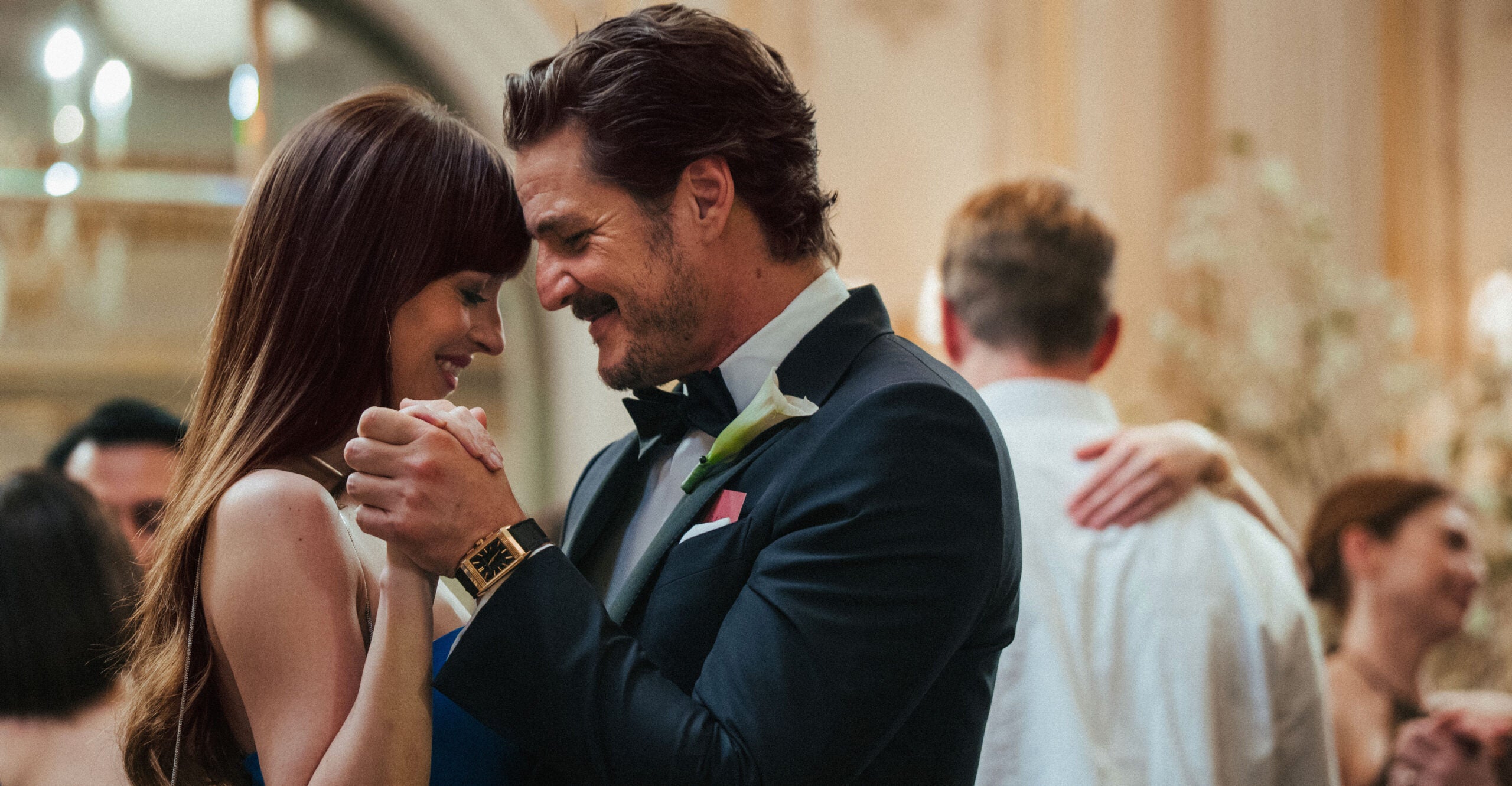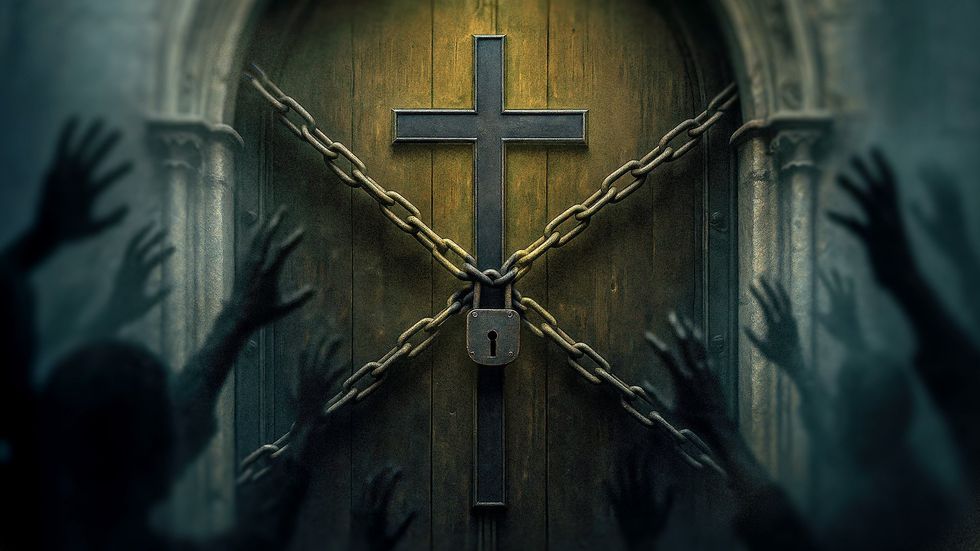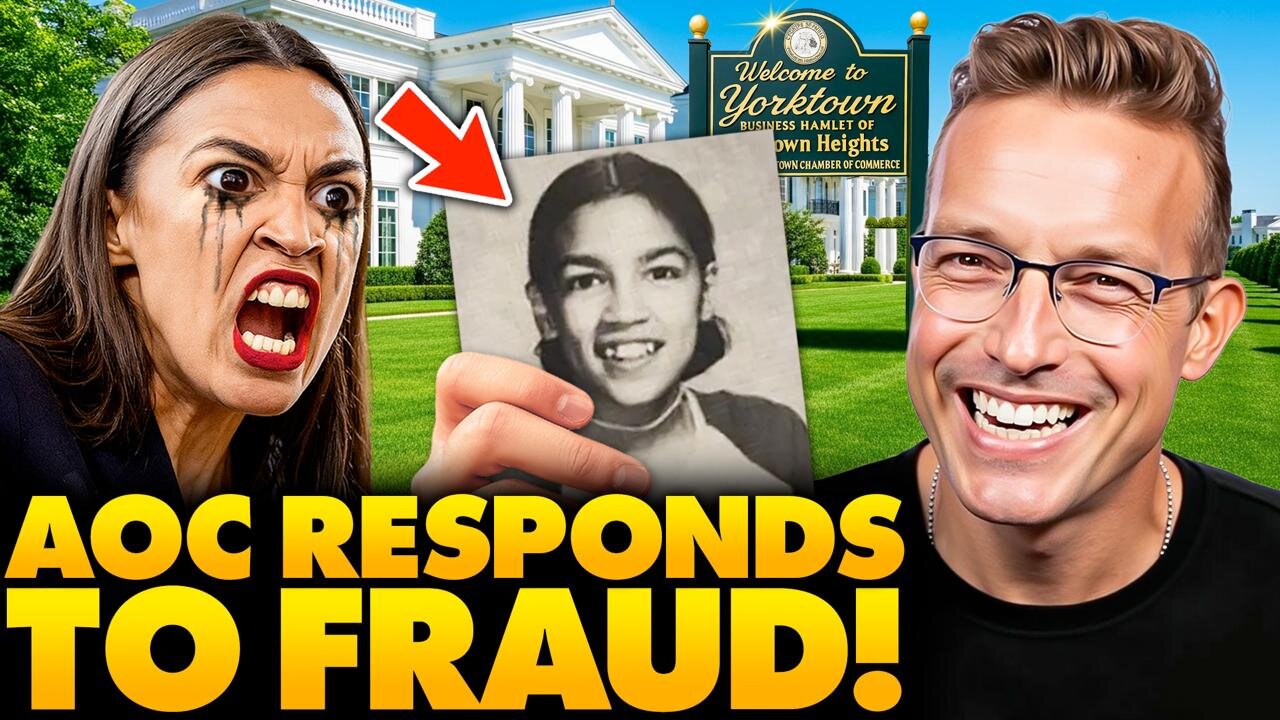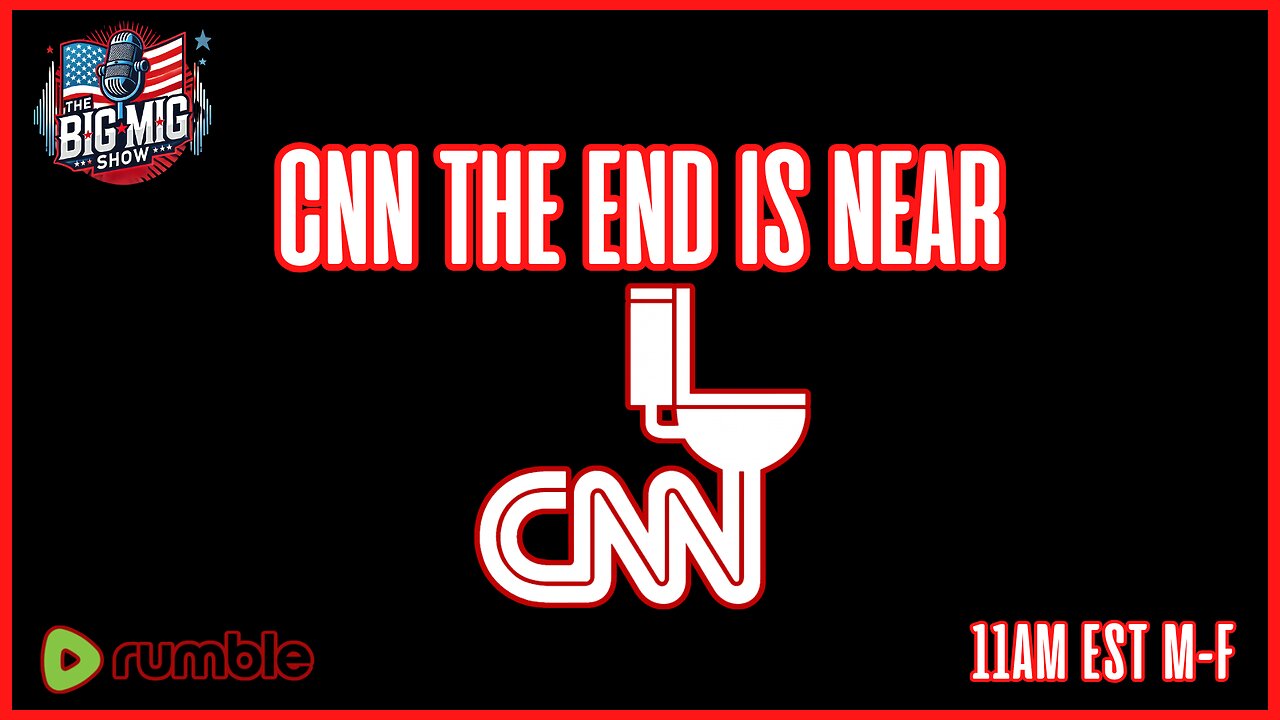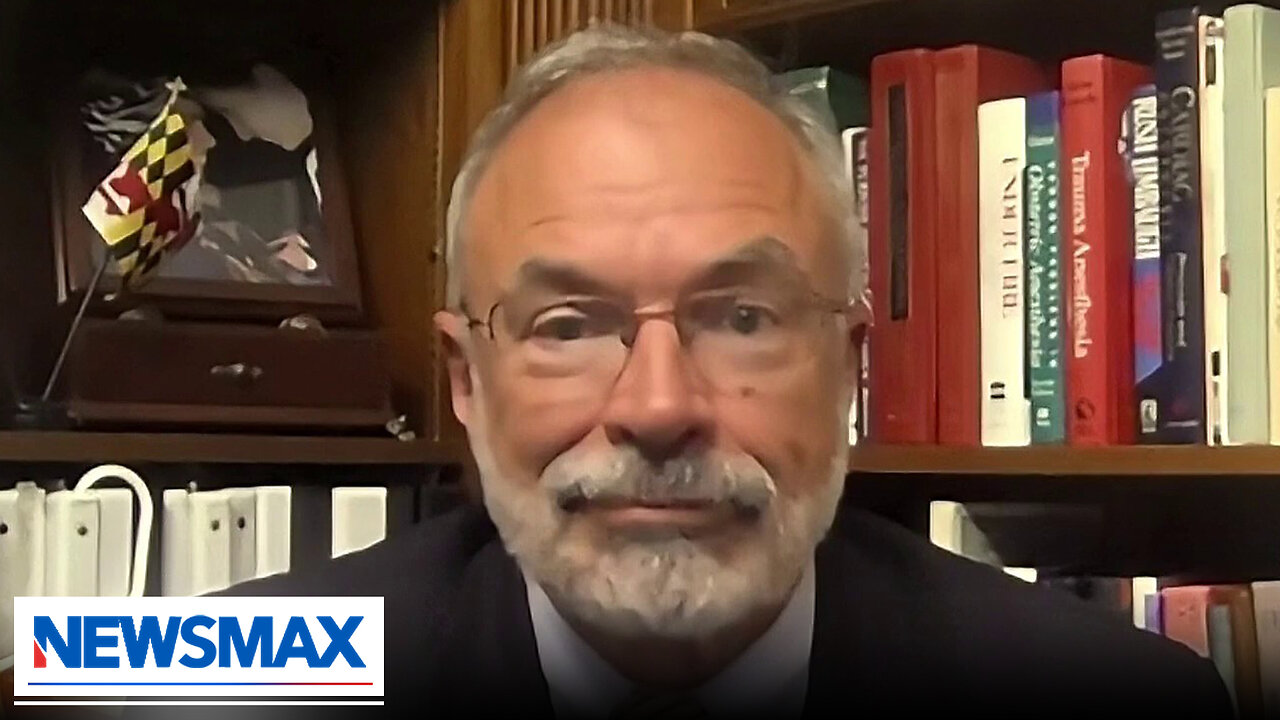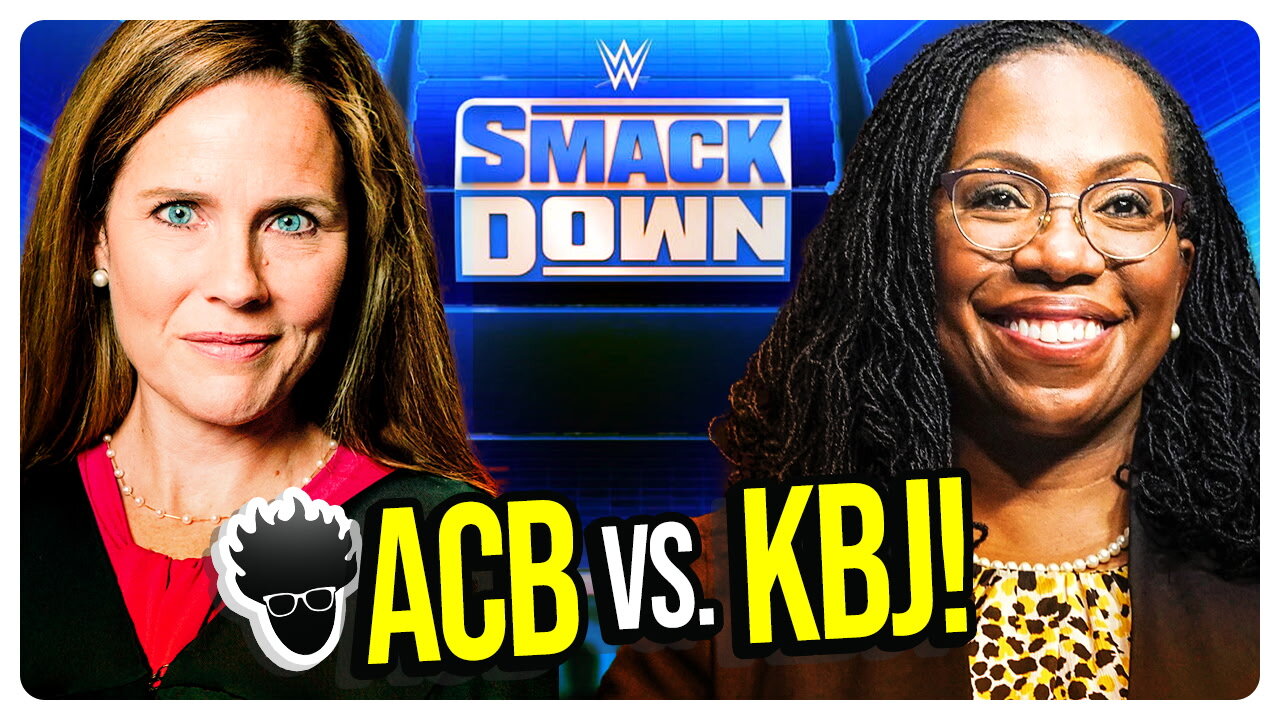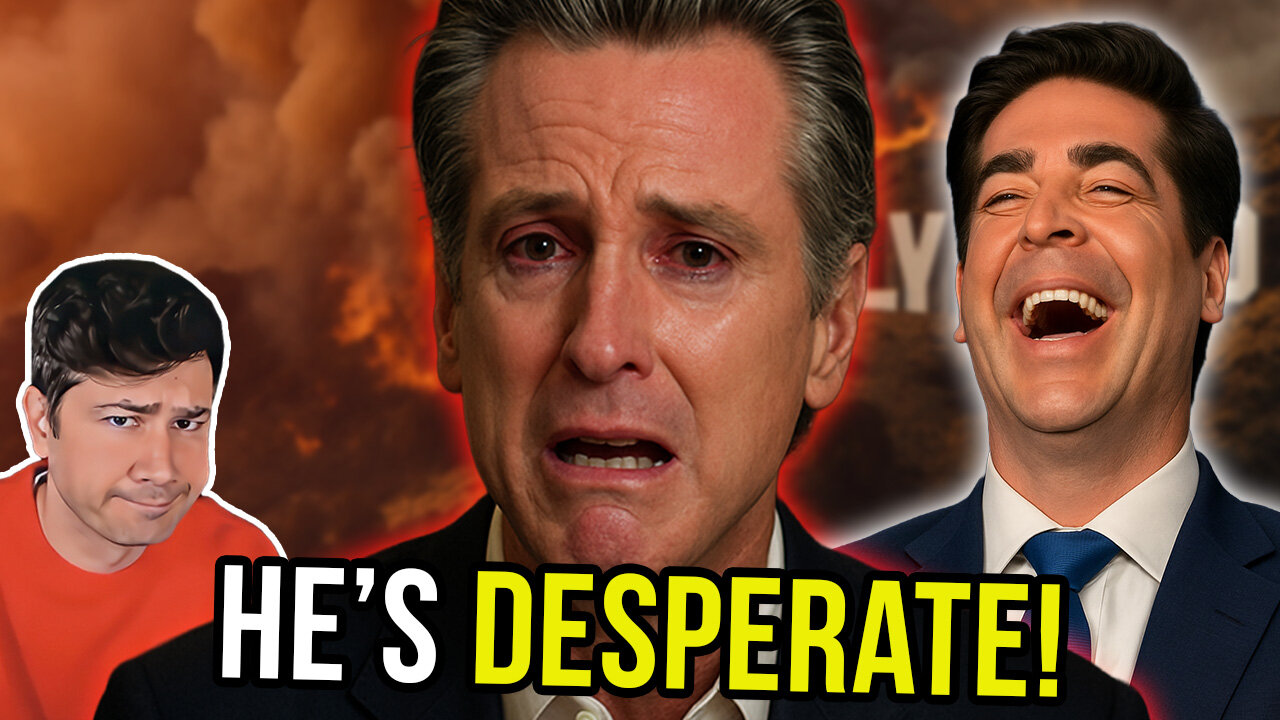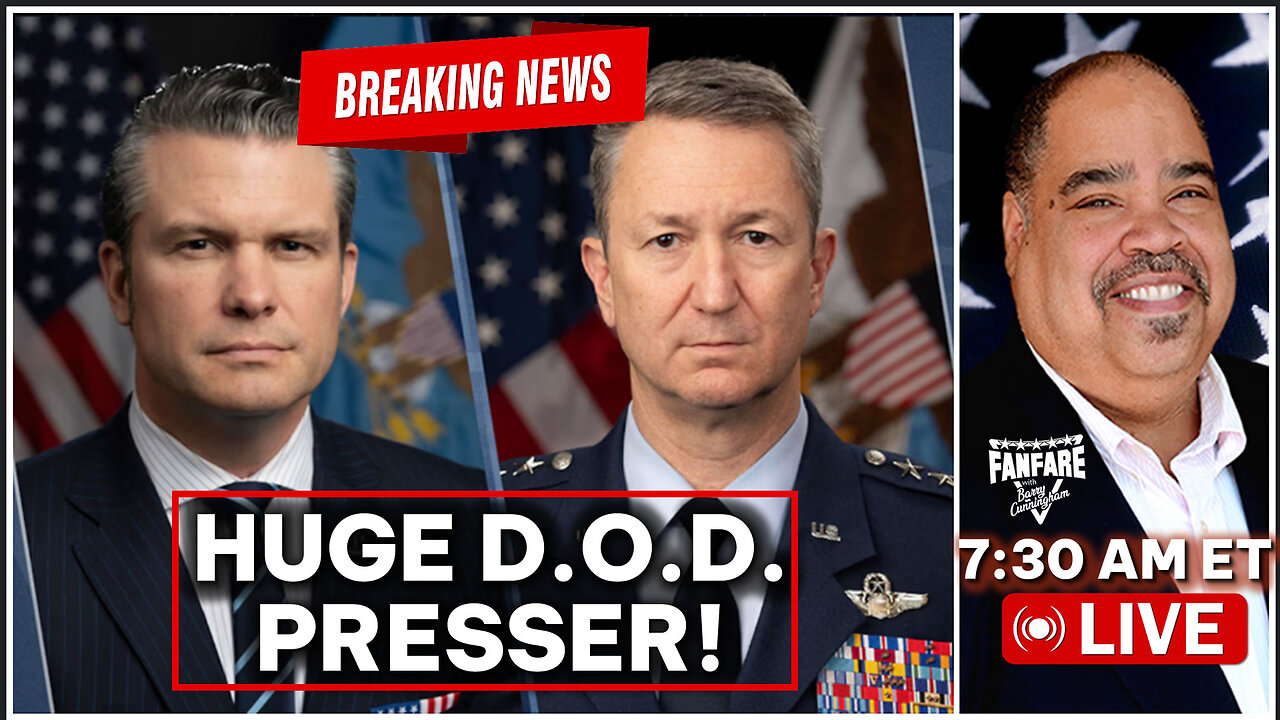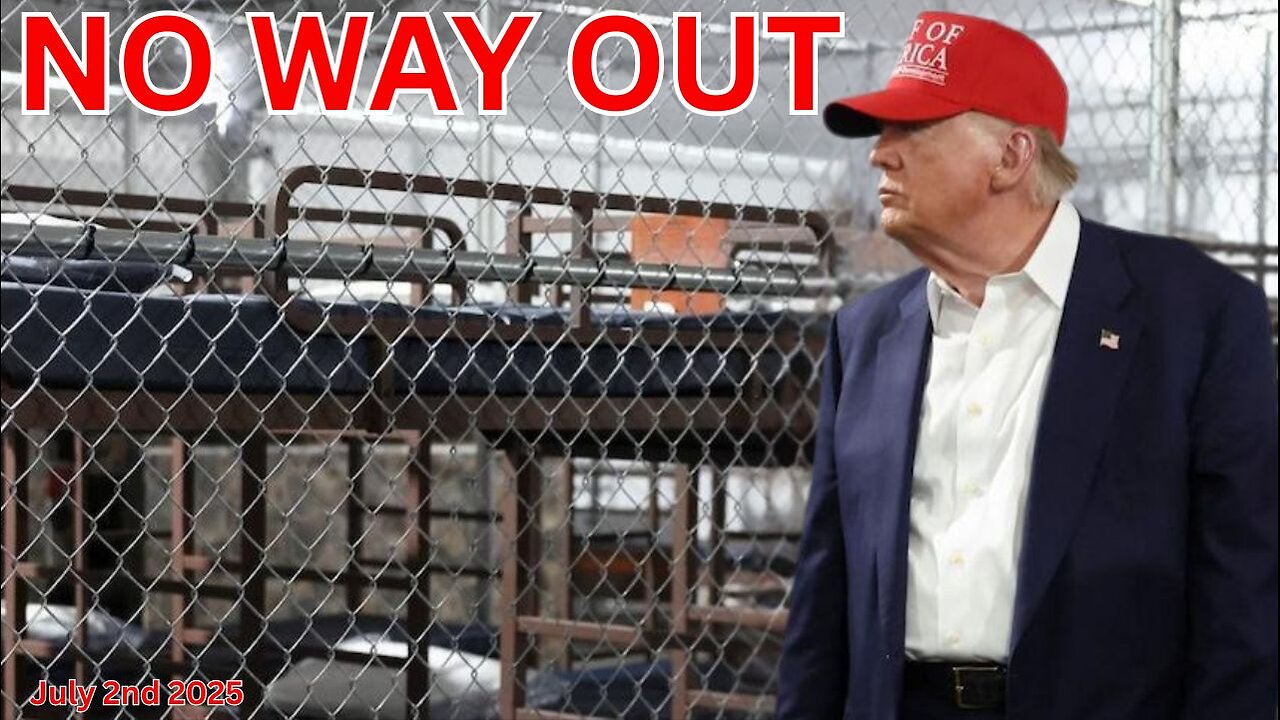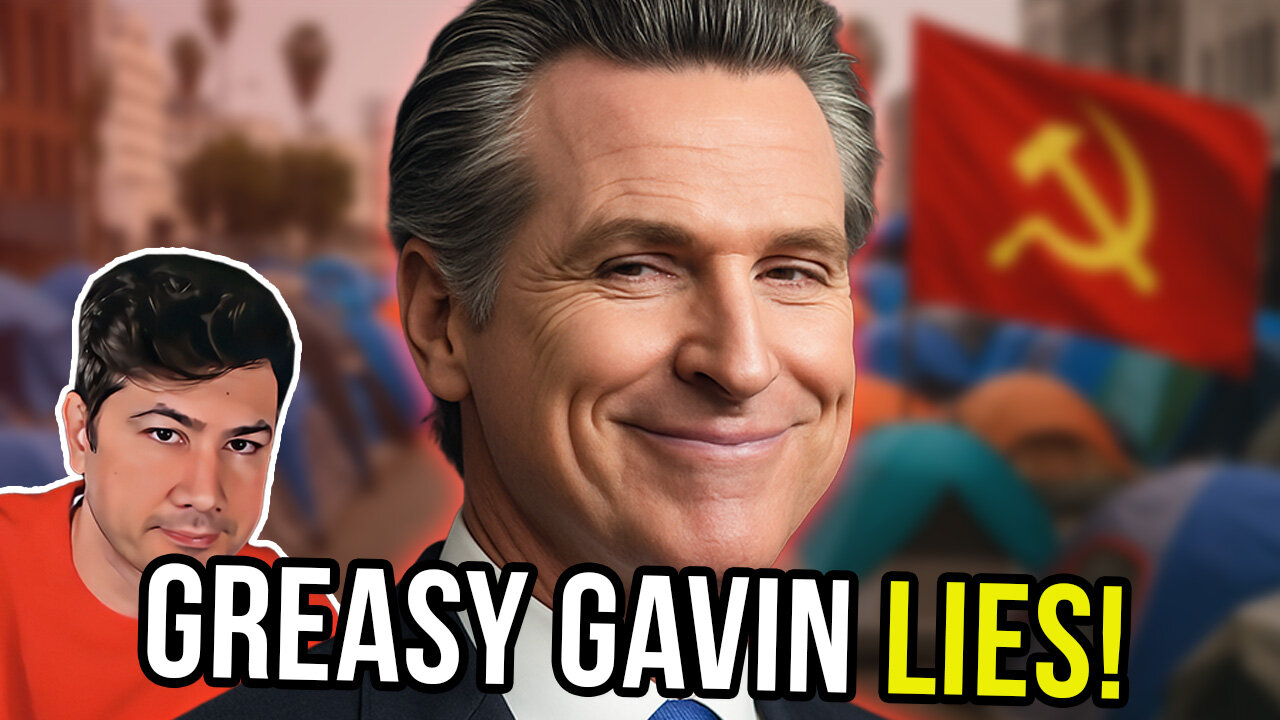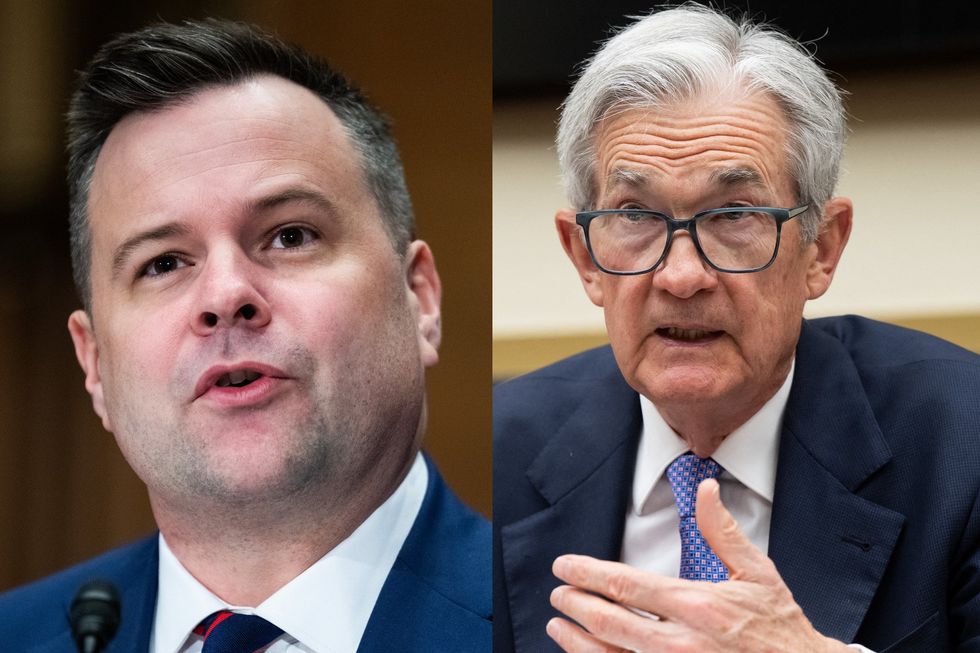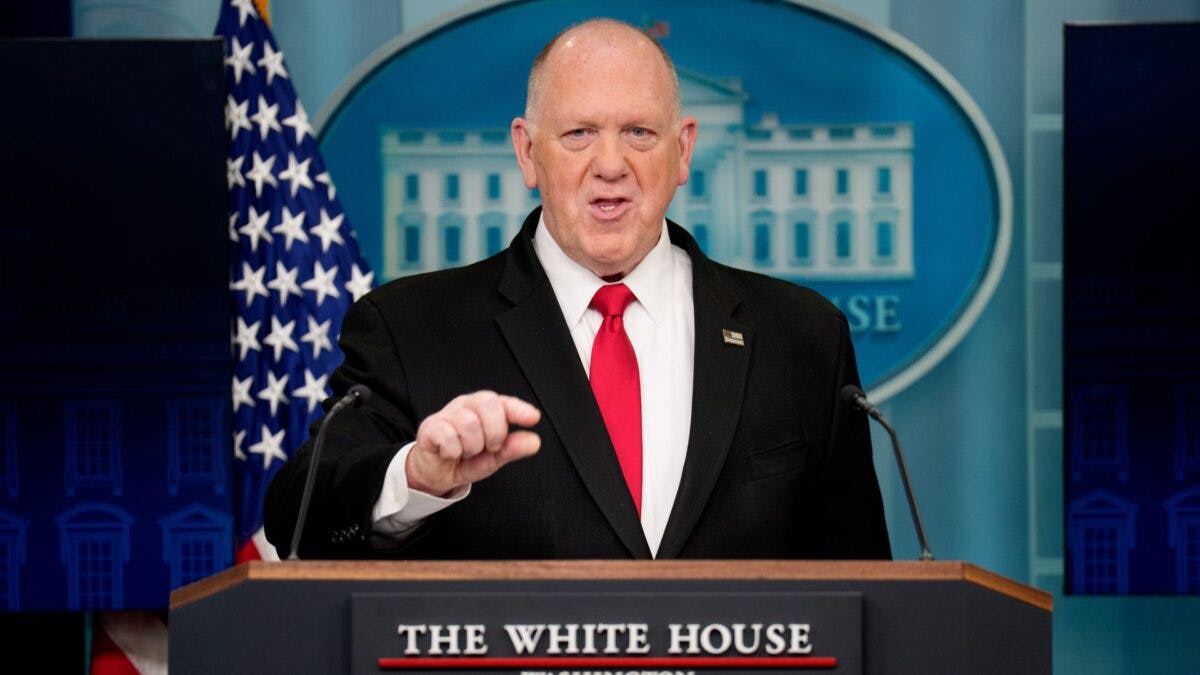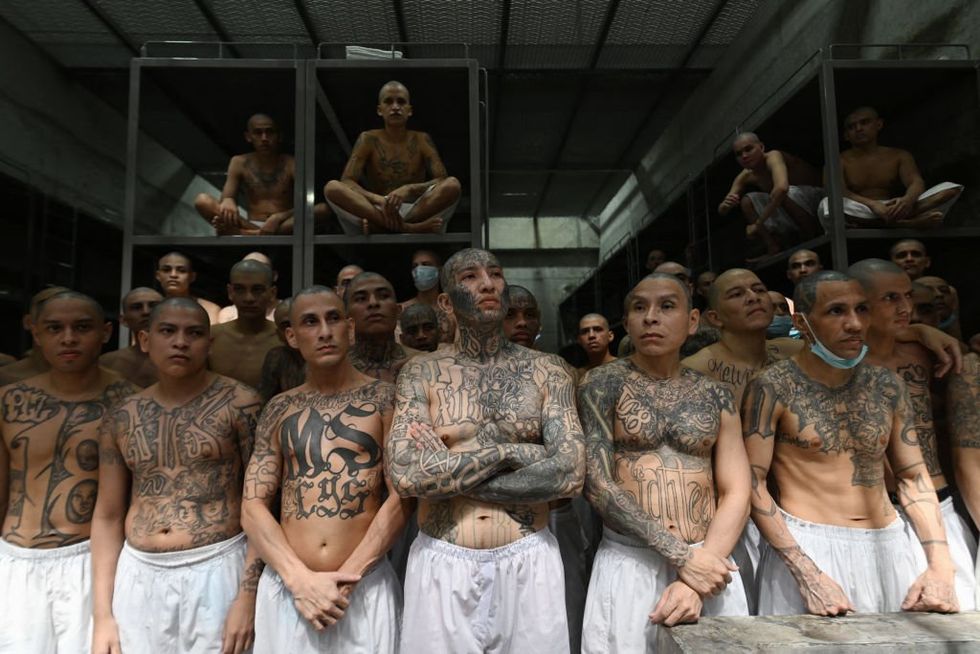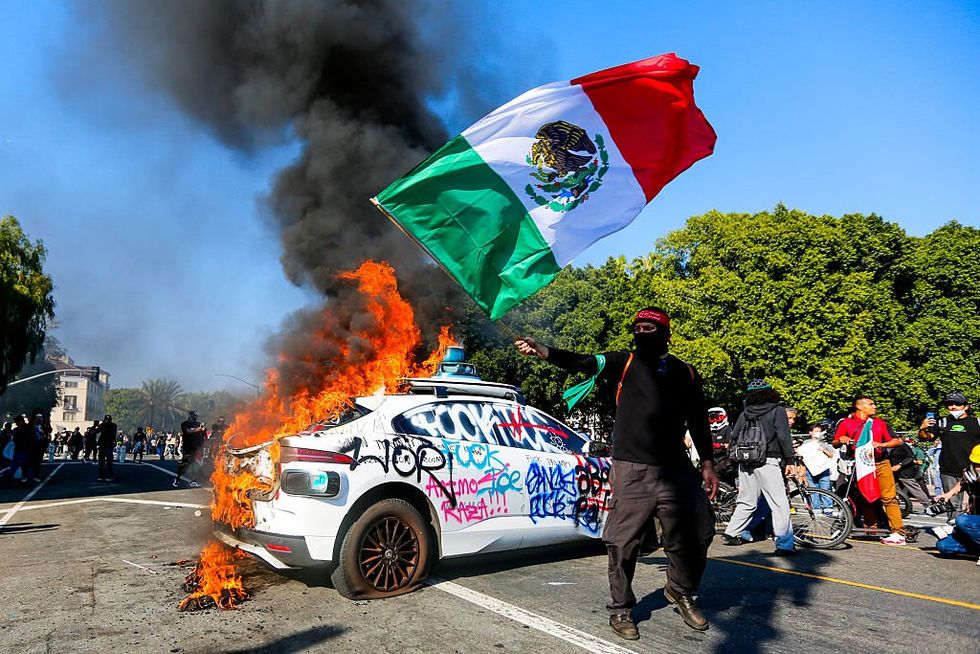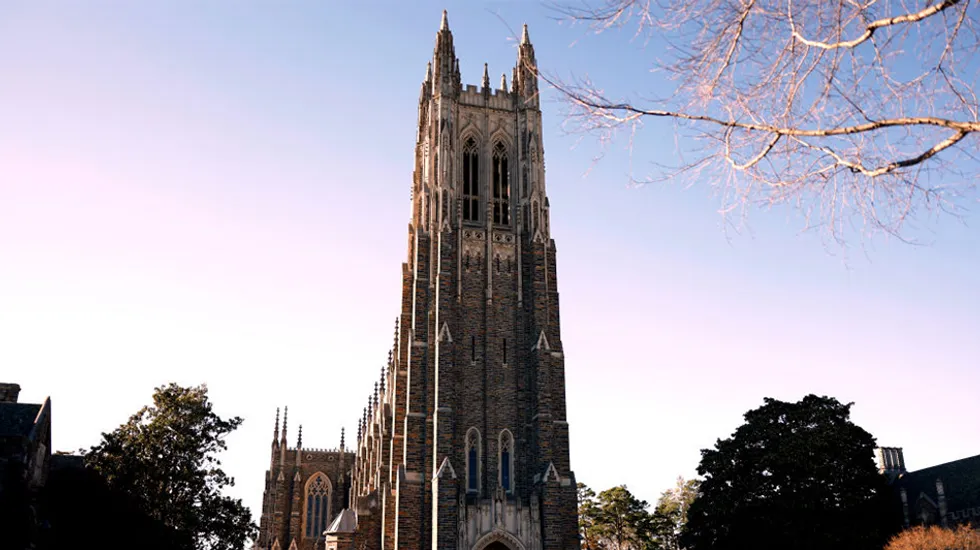Three holiday movies that keep the 'Christ' in Christmas
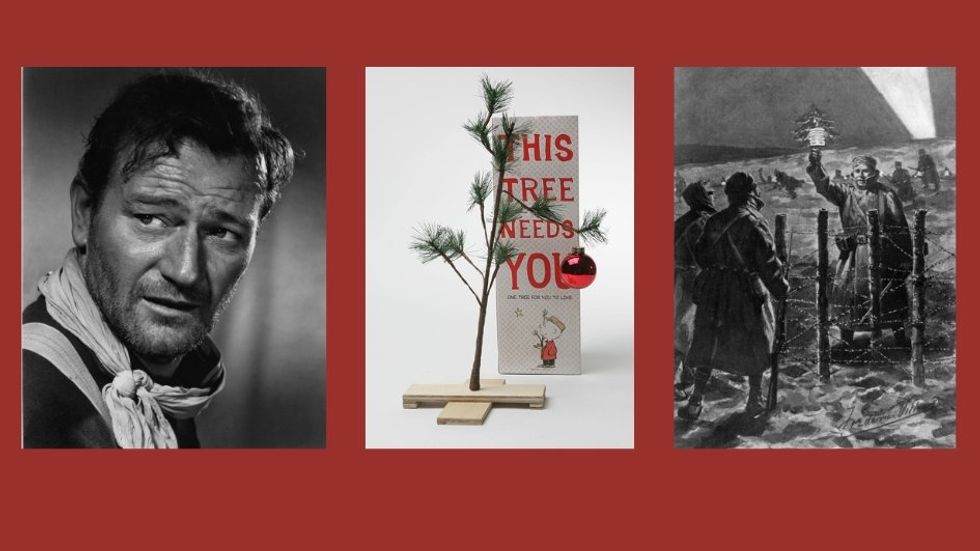

War on Christmas?
It's strange that anyone would bother. In 2024, it's perfectly easy to celebrate Christmas without any reference to Christ or Christianity.
Charlie Brown's melancholy reflections on the season demonstrate that being 'over' Christmas is not a modern invention.
Most of know about the commercialization of Christmas and Coca-Cola’s mass adoption of a secularized Saint Nicholas (Santa Claus) to sell beverages starting in the 1920s and 1930s. But for decades after, pop culture depictions of the holiday still commonly included references to the Virgin Mary and Jesus.
Even a secular film like "It’s a Wonderful Life" famously emphasizes the themes of redemption and hope symbolized by Christmastime.
More recent movies like "National Lampoon’s Christmas Vacation" (1989) or "Home Alone" (1990), while less reverent about the season, still manage to present it as an occasion for reconciling with family and finding hope during troubled times.
Cut to the past several decades. Holiday offerings like "The Grinch," "Elf," "Deck the Halls," "Red One," and "The Christmas Chronicles" limit themselves to a vaguely Christmas ambience and mood without any deeper reflection.
Many of these movies are "family" films in that they avoid profanity and sex. But their hollowness and crass commercialism make them arguably harder to sit through than raunchy pics like "Bad Santa." At least the latter is honest about its cynicism.
Of course, there is more nourishing Yuletide fare to be had. Below is a list of some Christmas classics we recommend, some more obscure than others but all worth a viewing.
'A Charlie Brown Christmas' (1965)
The very first of many TV specials based on Charles Schulz's "Peanuts" comic strip, "A Charlie Brown Christmas" made two radical decisions for the time: dispensing with a laugh track and hiring actual children to play the characters. The result is something quieter and more humble than the overstuffed entertainments we take for granted today.
Which is not to say that it is naive or saccharine. Charlie Brown's melancholy reflections on the season demonstrate that being "over" Christmas is not a modern invention and make Linus' reminder of the reason for the season (quoting Scripture on network television!) especially powerful.
'3 Godfathers' (1948)
This lesser-known collaboration between director John Ford and icon John Wayne also quotes Scripture, Luke 2:22's description of the presentation of Jesus at the temple: "And when the days of her purification according to the law of Moses were accomplished, they brought him to Jerusalem, to present him to the Lord."
Three bank robbers have found a Bible while on the lam in the desert; one of them reads this passage aloud. They've also found a newborn — his dying mother has charged them with keeping him safe. A thoughtful and funny retelling of the story of the three wise men.
'Joyeux Noel' (2005)
What we came to call World War I had been raging for a few months when Pope Benedict called for a temporary Christmas truce in December 1914, expressing his wish "that the guns may fall silent at least upon the night the angels sang.” Those in charge rejected his plea, but the men doing the fighting had other plans. On Christmas Eve, British soldiers in their trenches at the Western front heard something strange: the Germans singing "Silent Night."
The British joined in; soon an impromptu celebration formed, with the enemies meeting in no man's land to sing, exchange small gifts, and play soccer. 2005's "Joyeux Noel" (sometimes called "Merry Christmas" in English-language versions) compellingly depicts this event through the eyes of different French, Scottish, and German soliders. Unflinching and unsentimental, it nonetheless manages to convey an authentic Christian hope in the midst of a hellish conflict.
Originally Published at Daily Wire, Daily Signal, or The Blaze
What's Your Reaction?
 Like
0
Like
0
 Dislike
0
Dislike
0
 Love
0
Love
0
 Funny
0
Funny
0
 Angry
0
Angry
0
 Sad
0
Sad
0
 Wow
0
Wow
0

